STREAMLINING PROCESSES FOR A SMARTER, MORE SUSTAINABLE LABORATORY
Due to disadvantages like lack of storage space, security issues, prone to damage, document transportation, editing problems, high cost, limited communication and collaboration, and environmental damage. The reliance on tracing information and the time required to sift through documents to find data can significantly affect the productivity of lab operations.
Paper-based documentation has faded. If you haven’t transitioned yet it’s time now to get on the wagon.

.png)
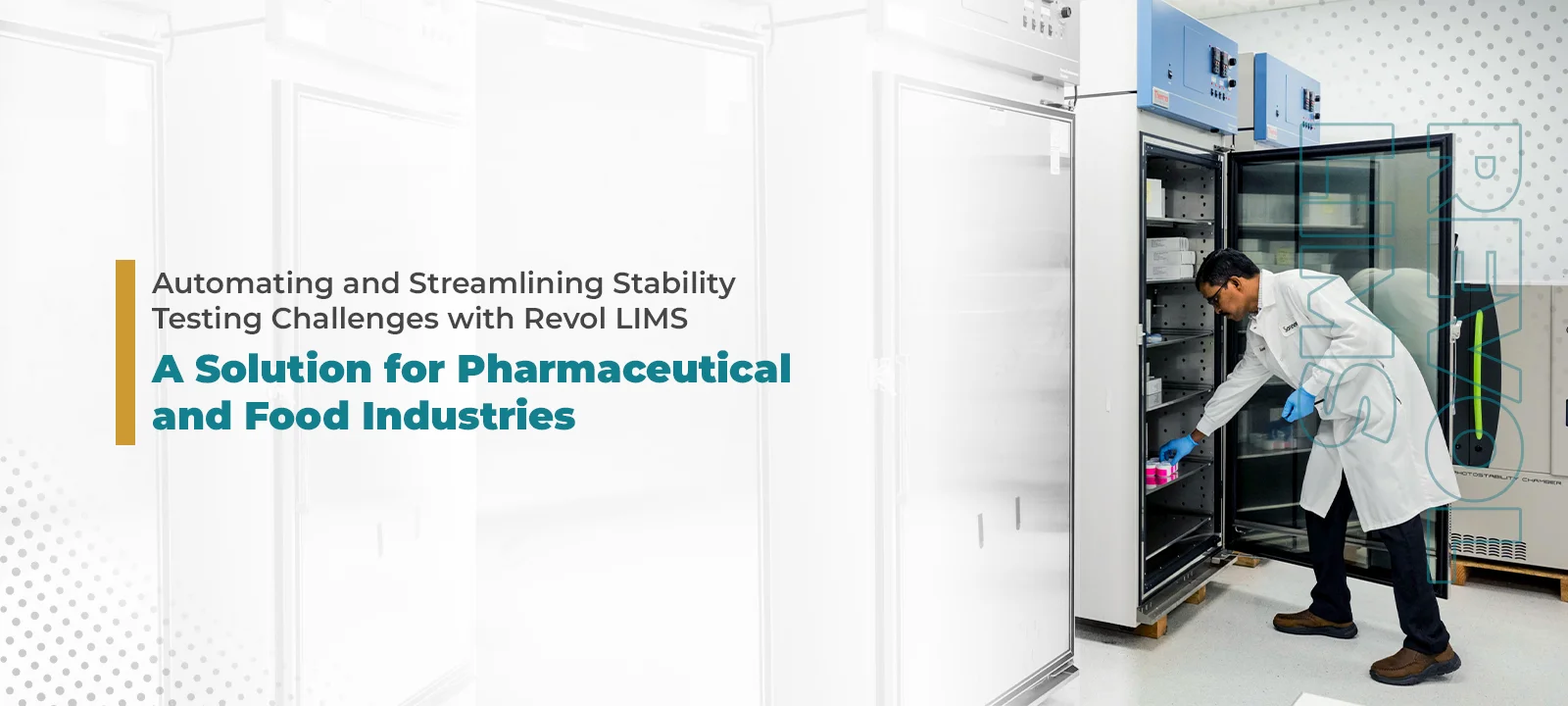 Automating and Streamlining Stability Testing Challenges with LIMS - A Solution for Pharmaceutical and Food Industries
Automating and Streamlining Stability Testing Challenges with LIMS - A Solution for Pharmaceutical and Food Industries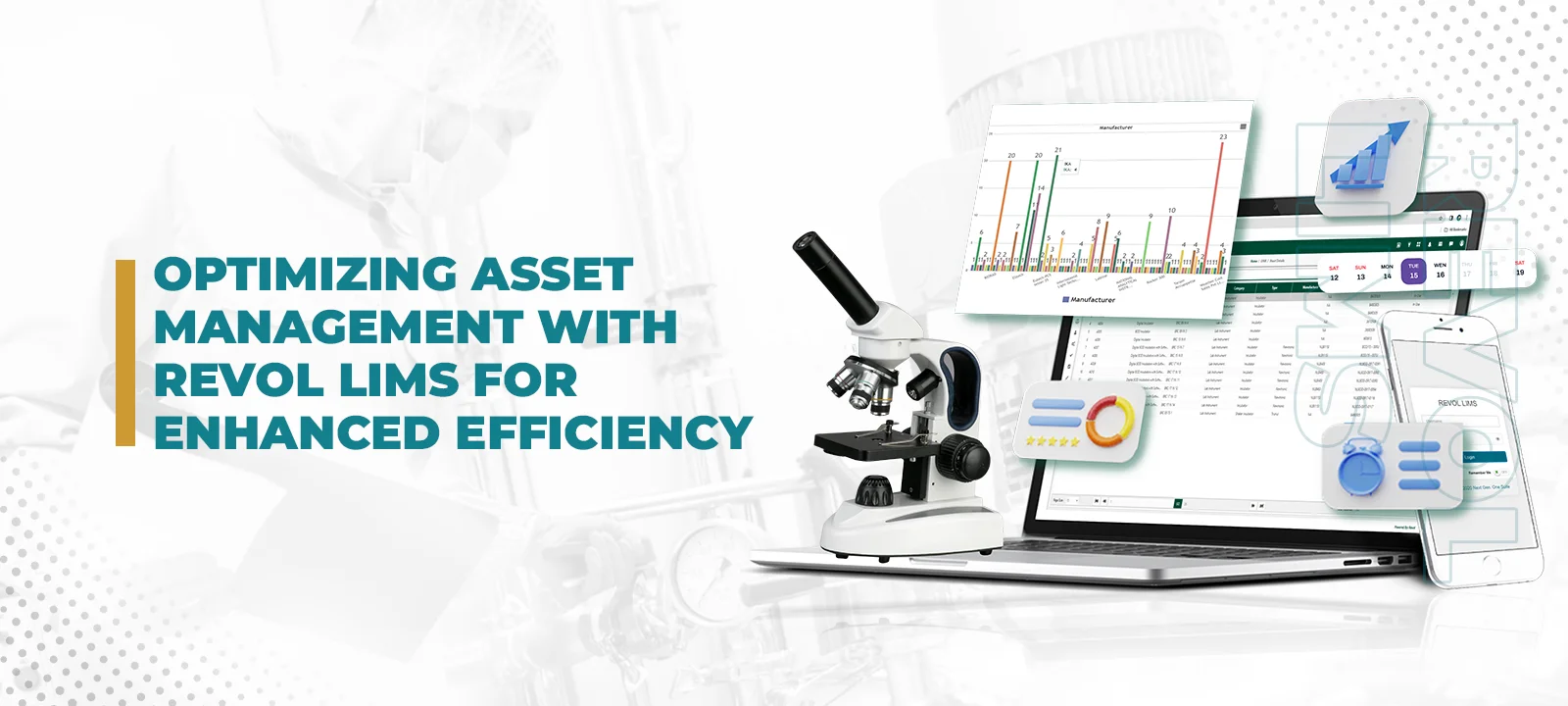 Optimizing Asset Management with LIMS for Enhanced Efficiency
Optimizing Asset Management with LIMS for Enhanced Efficiency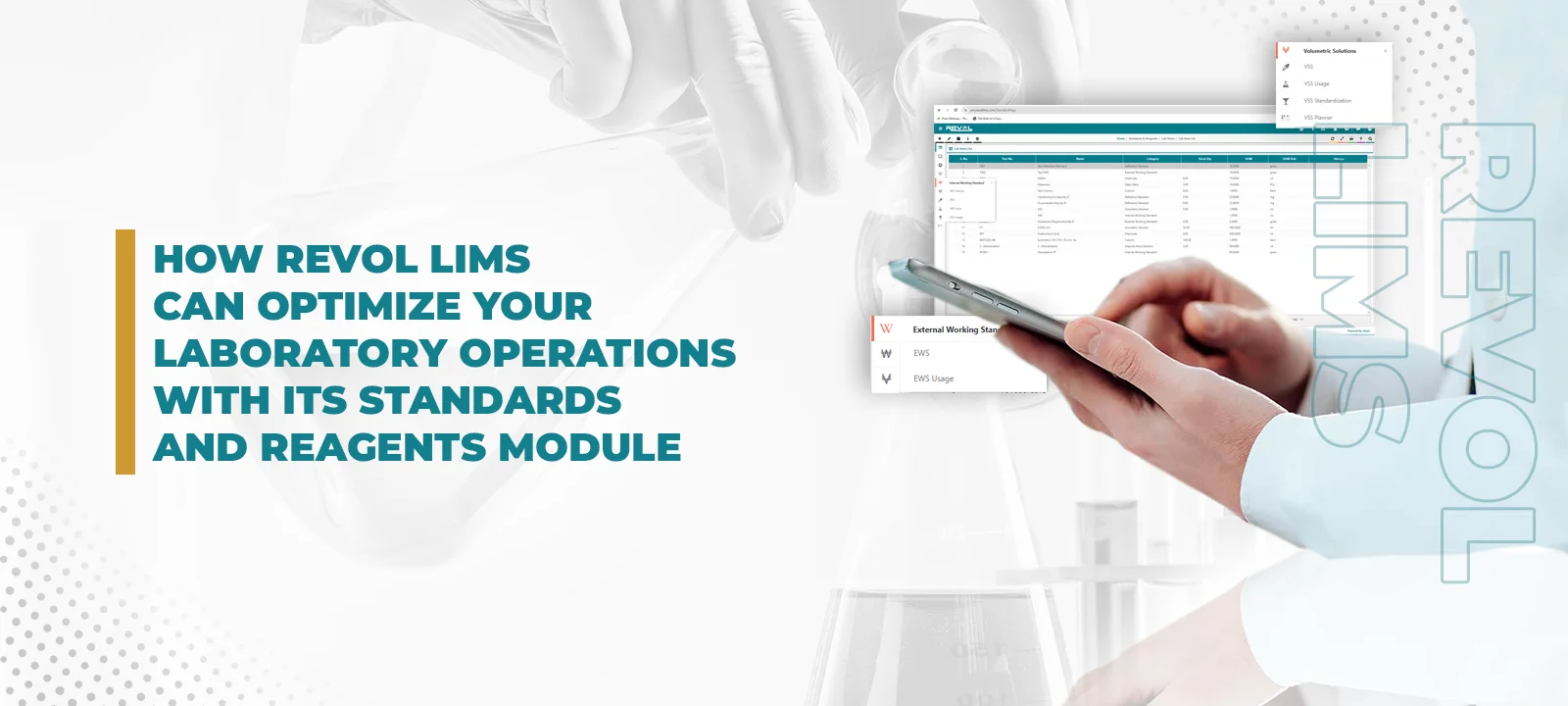 How LIMS Can Optimize Your Laboratory Operations with Its Standards & Reagents Module
How LIMS Can Optimize Your Laboratory Operations with Its Standards & Reagents Module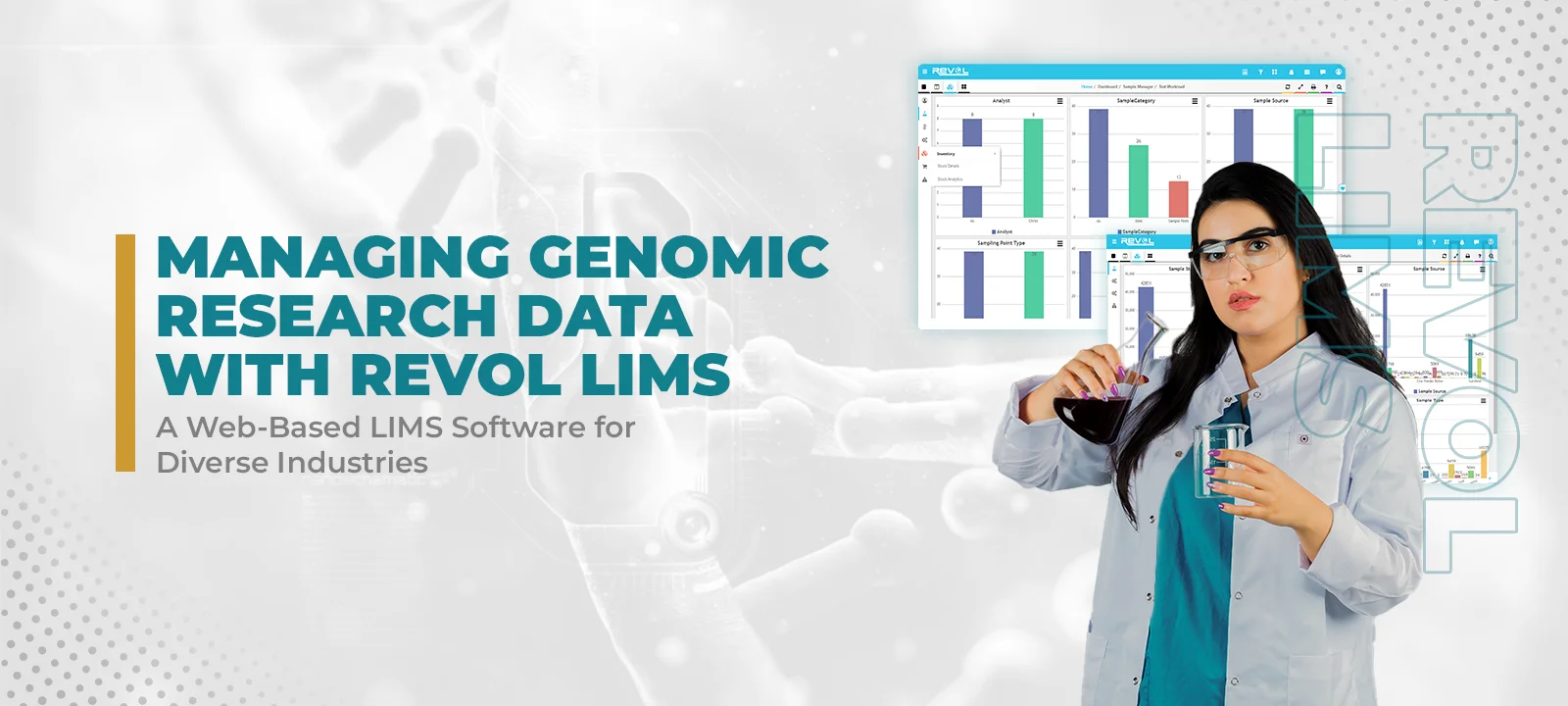 Managing Genomic Research Data with LIMS: A Web-Based LIMS Software for Diverse Industries
Managing Genomic Research Data with LIMS: A Web-Based LIMS Software for Diverse Industries 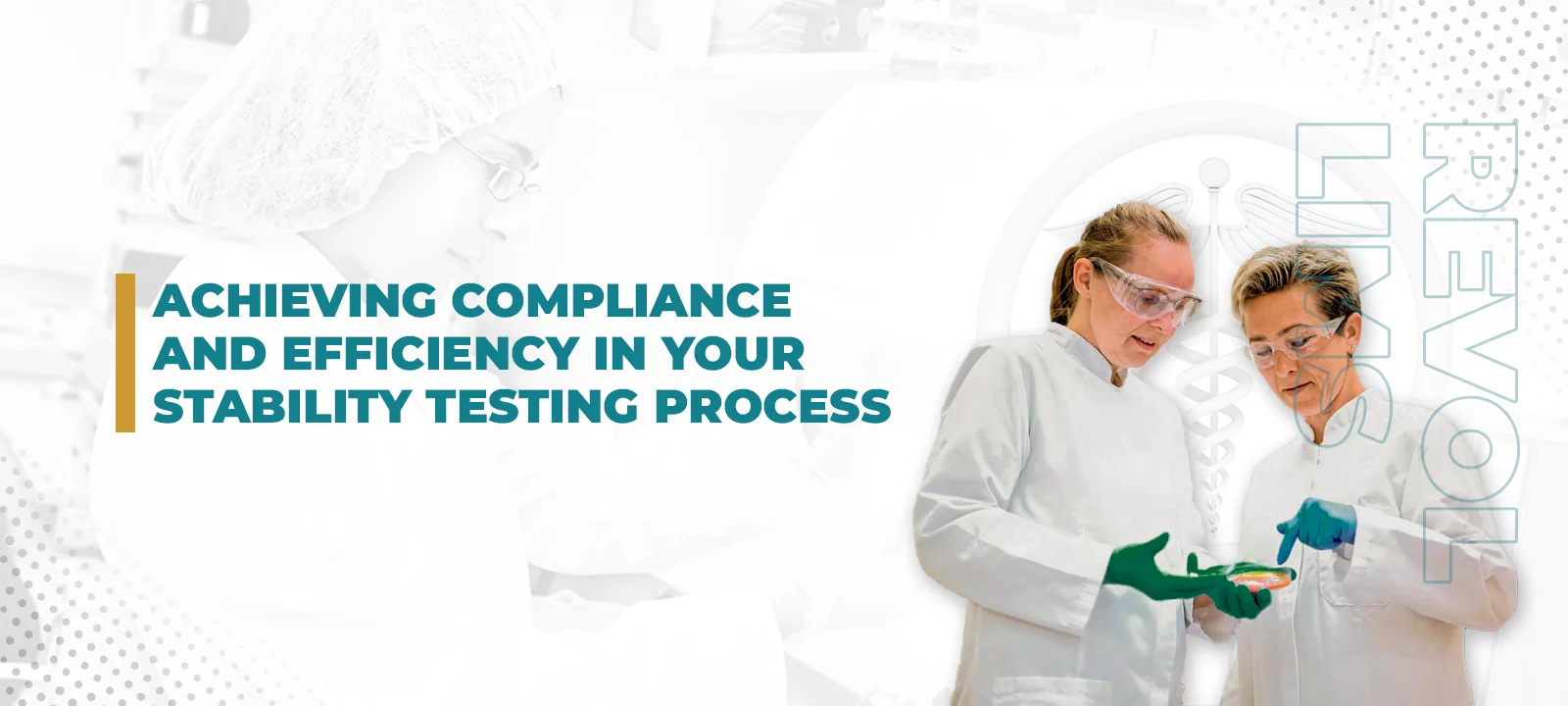 Achieving Compliance & Efficiency in Your Stability Testing Process
Achieving Compliance & Efficiency in Your Stability Testing Process 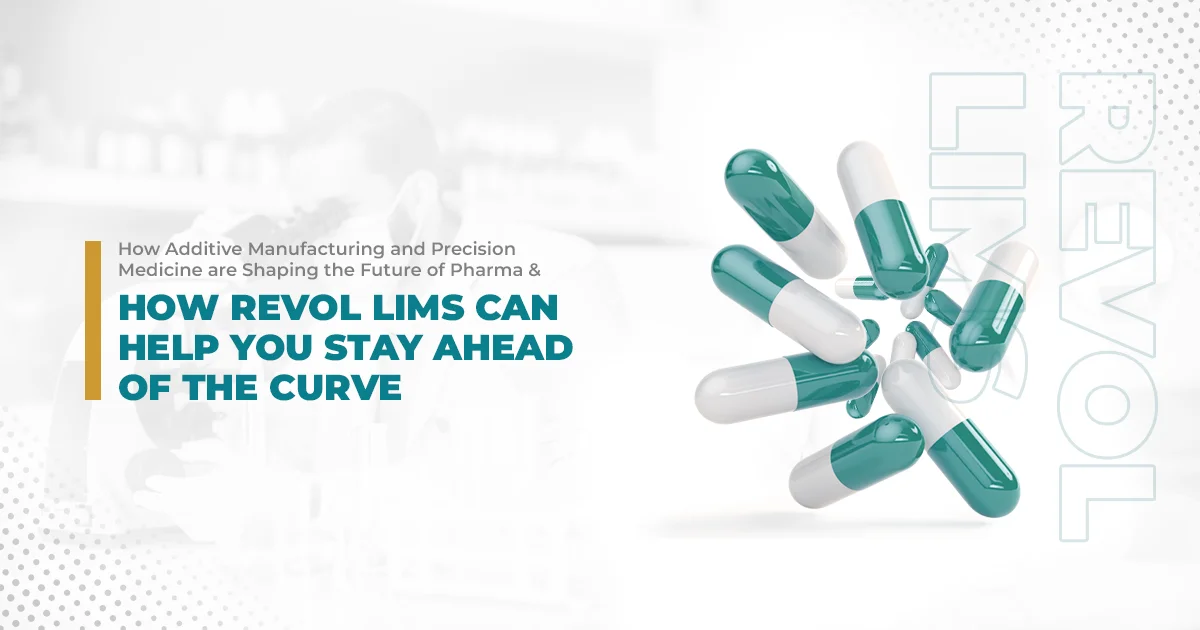 How Additive Manufacturing and Precision Medicine are Shaping the Future of Pharma
How Additive Manufacturing and Precision Medicine are Shaping the Future of Pharma 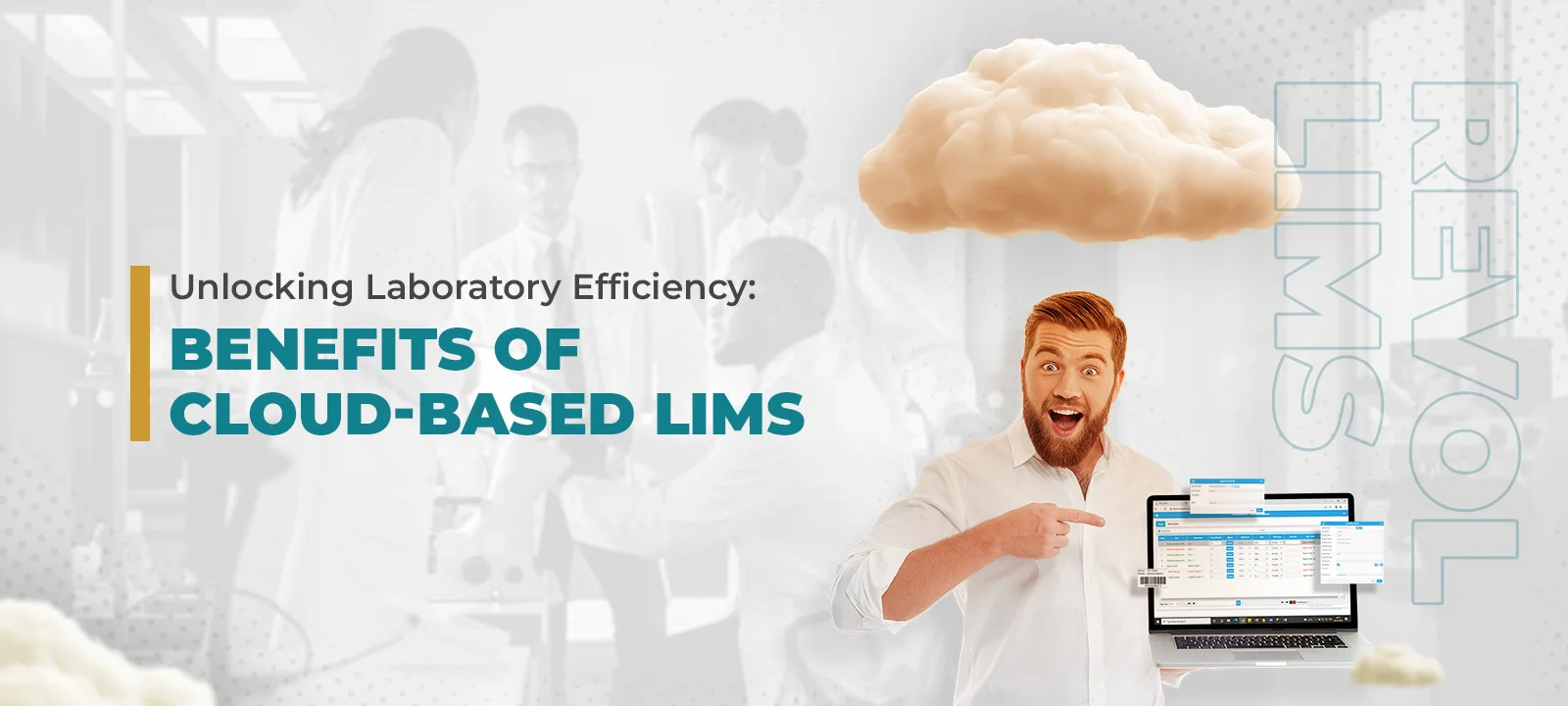 Unlocking Laboratory Efficiency: Benefits of Cloud-Based LIMS
Unlocking Laboratory Efficiency: Benefits of Cloud-Based LIMS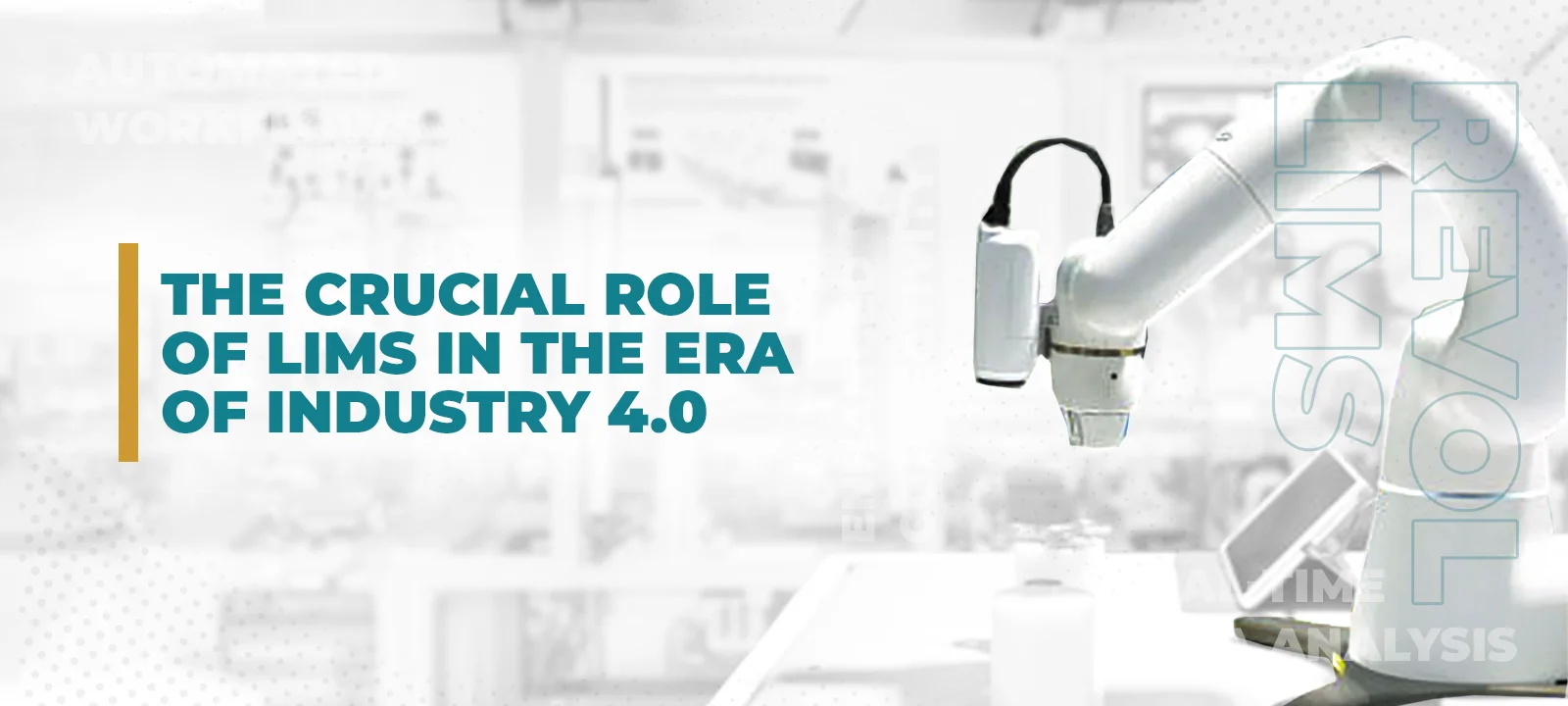 The Crucial Role of Laboratory Information Management Systems
The Crucial Role of Laboratory Information Management Systems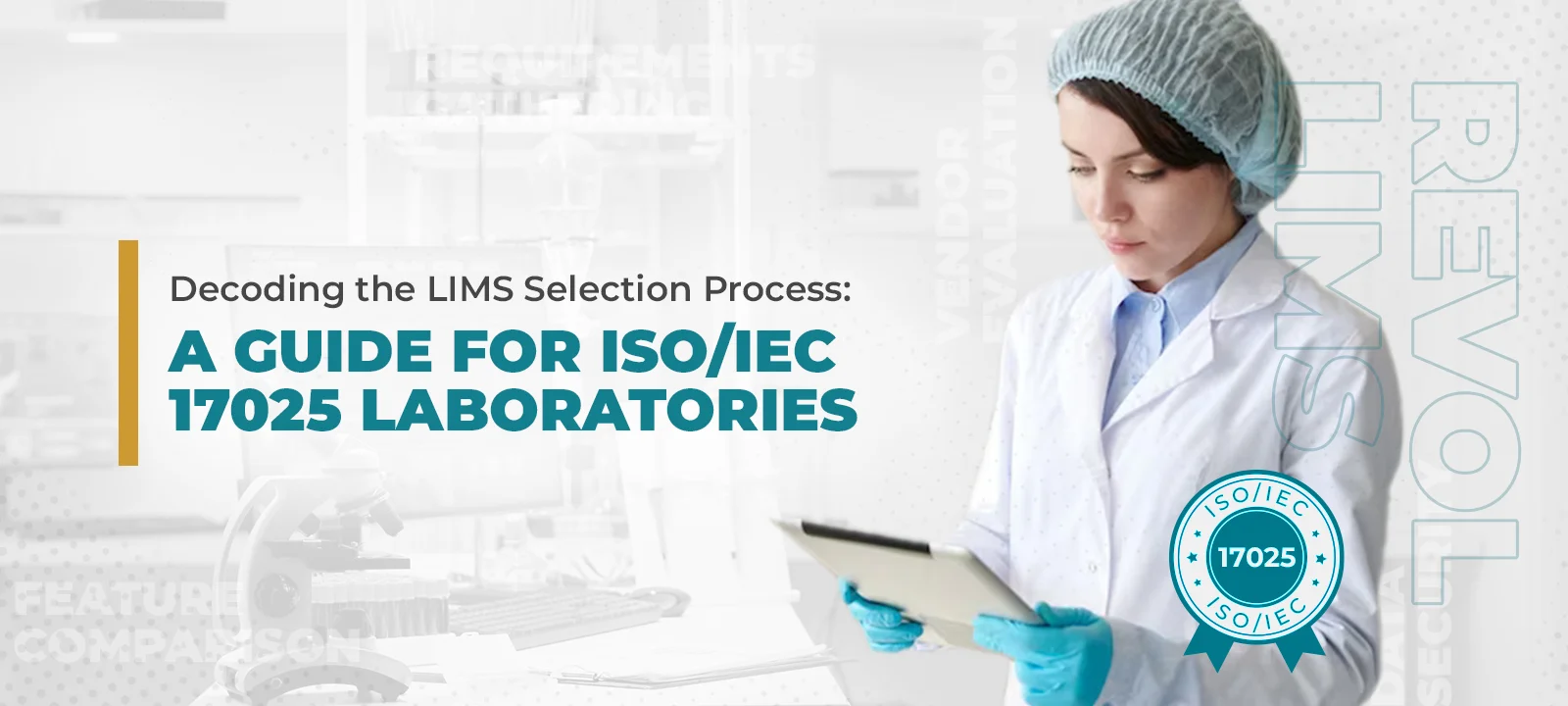 Decoding the LIMS Selection Process
Decoding the LIMS Selection Process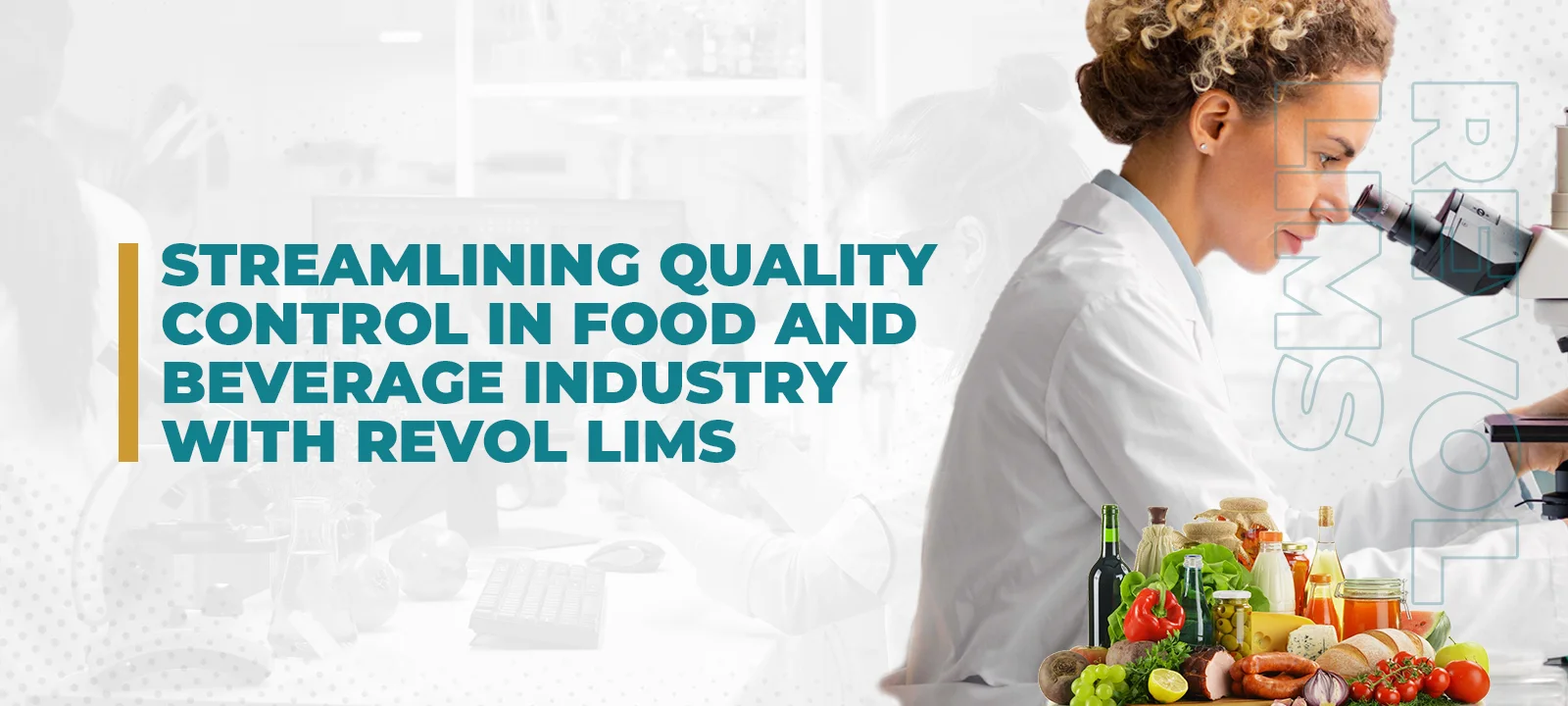 Streamlining Quality Control
Streamlining Quality Control  The Pivotal Role of LIMS
The Pivotal Role of LIMS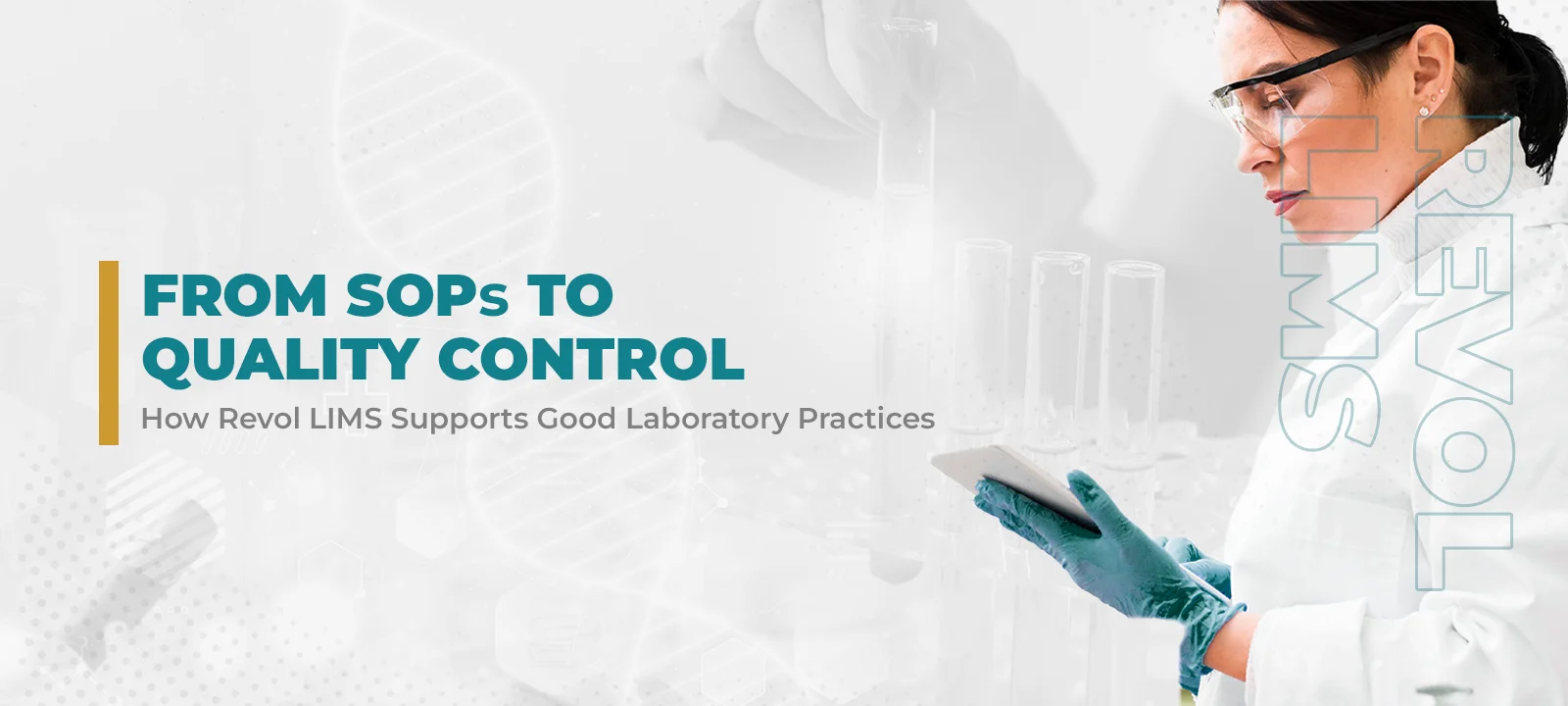 From SOPs to Quality Control
From SOPs to Quality Control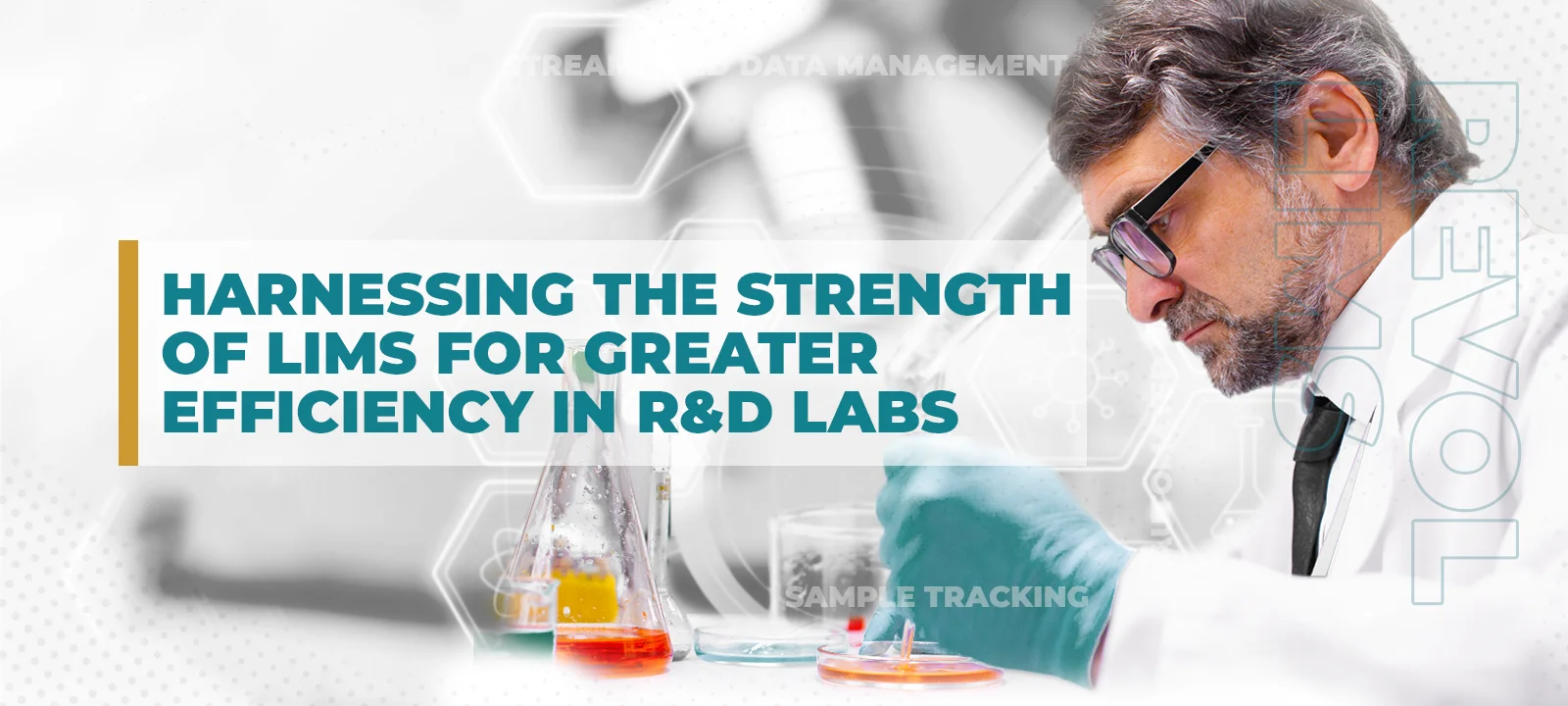 Harnessing the Strength of LIMS
Harnessing the Strength of LIMS  The Power of LIMS
The Power of LIMS In-House LIMS vs. Commercial LIMS
In-House LIMS vs. Commercial LIMS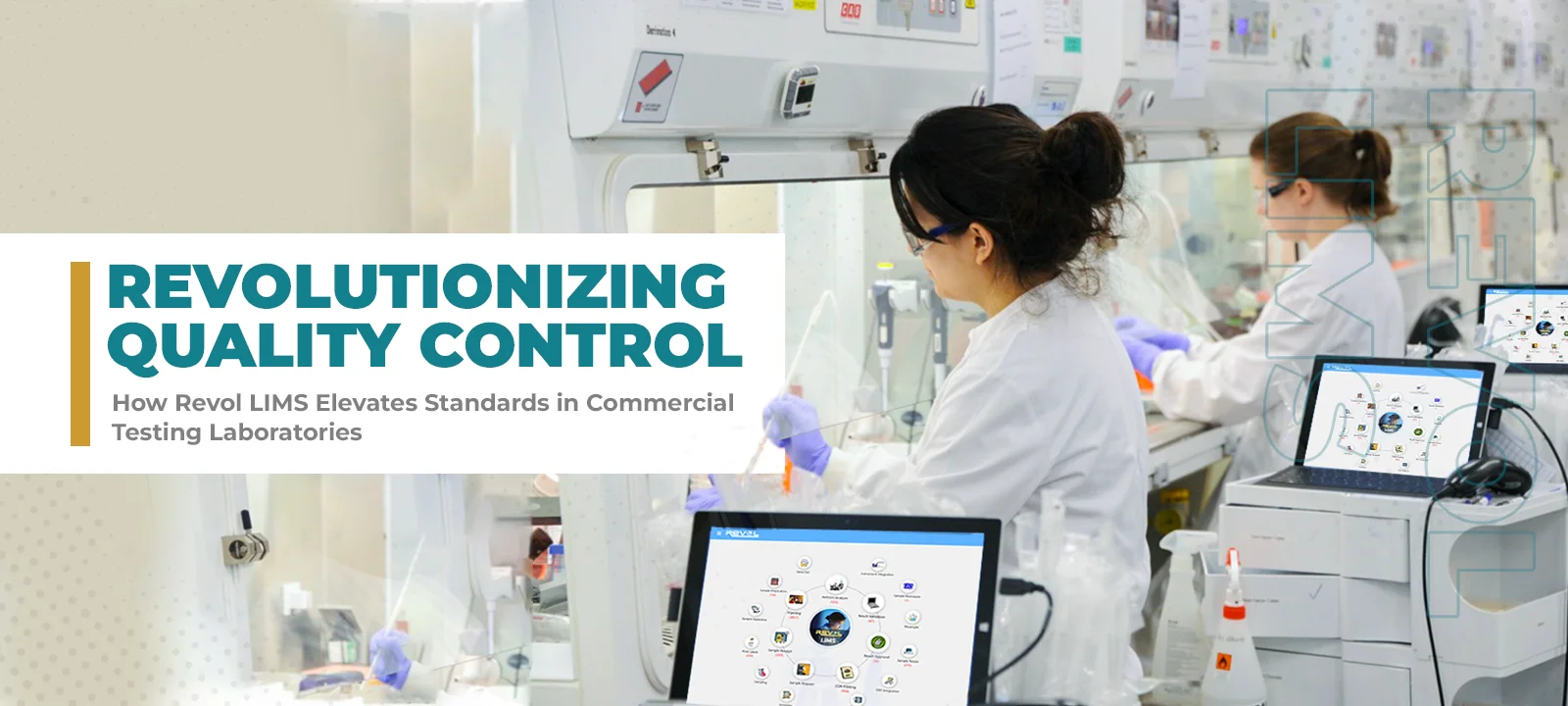 Revolutionizing Quality Control
Revolutionizing Quality Control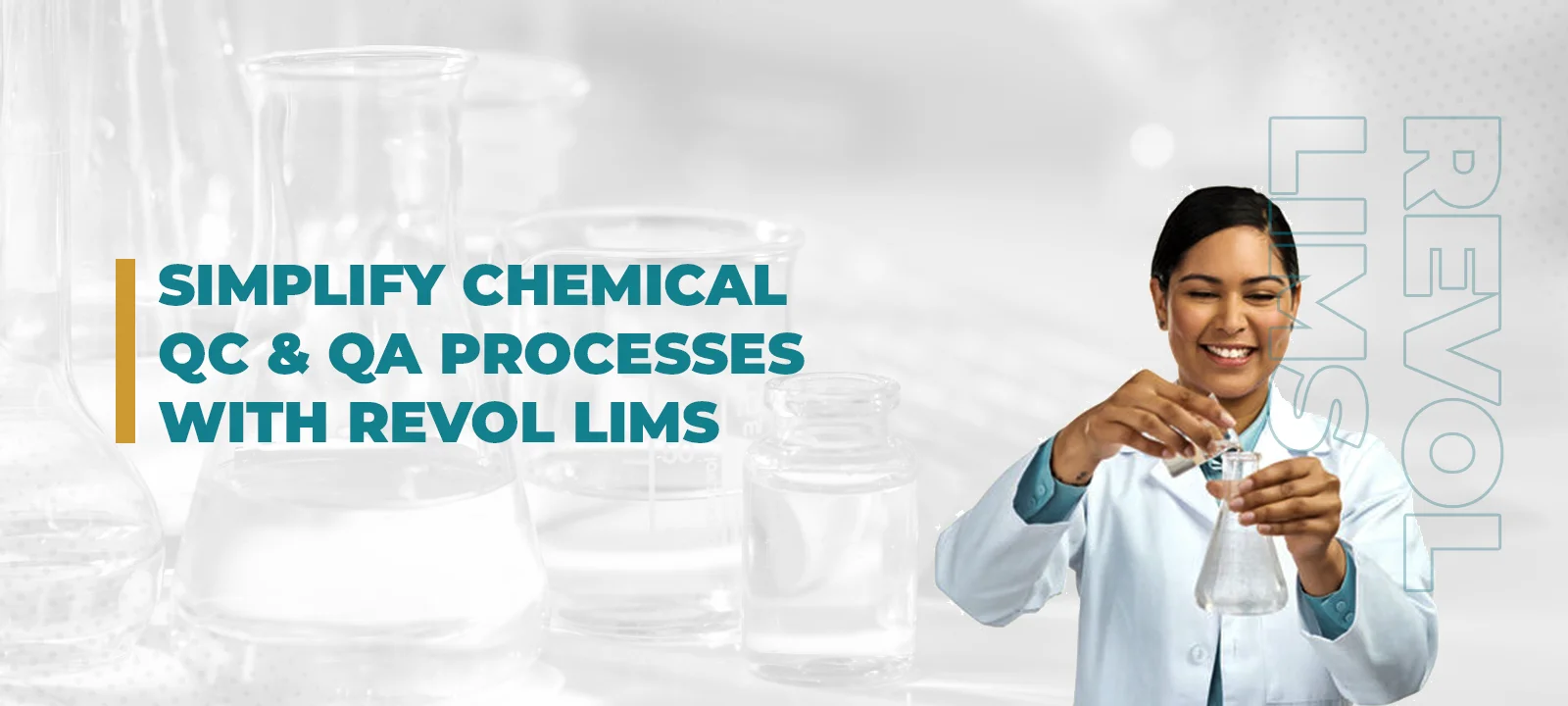 LIMS Software chemical Qc & Qa
LIMS Software chemical Qc & Qa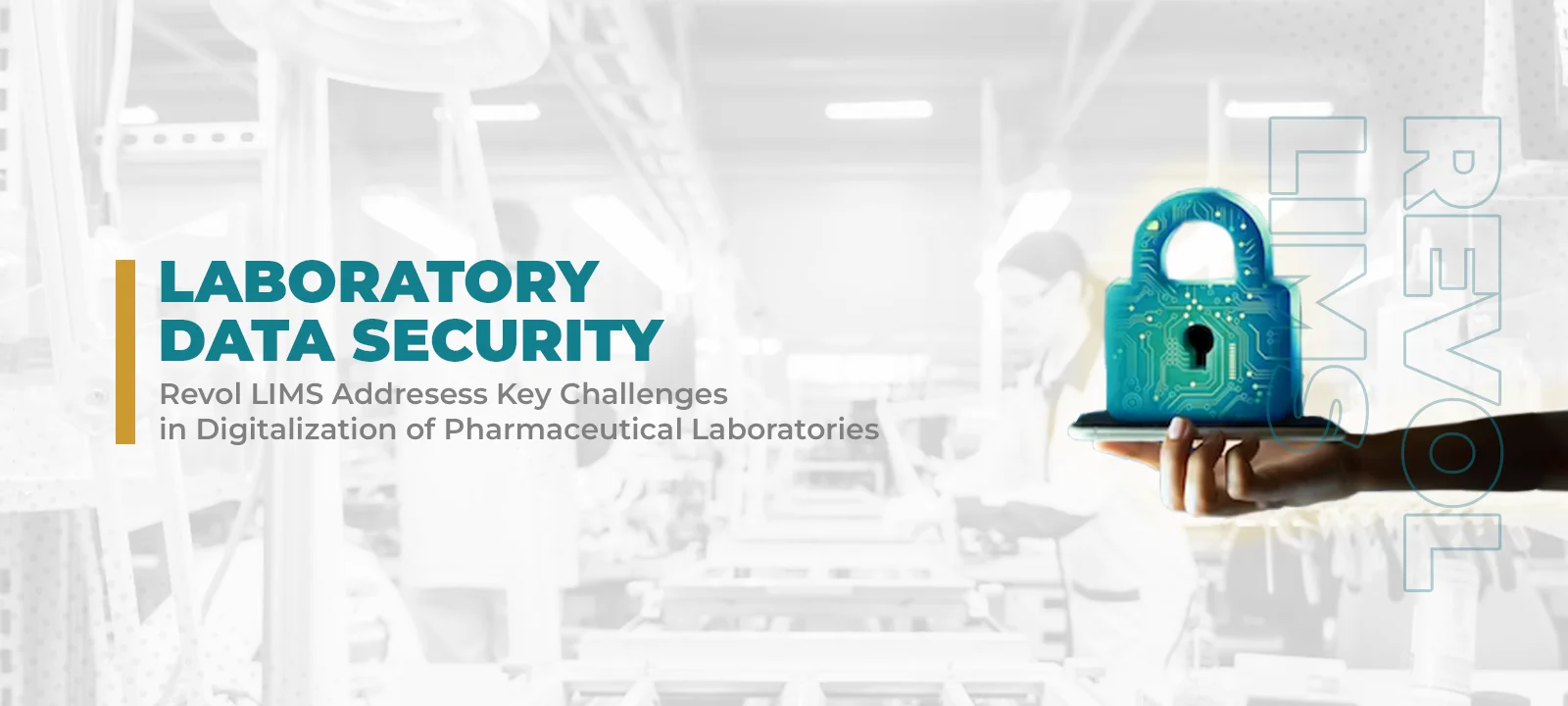 Laboratory Data Security
Laboratory Data Security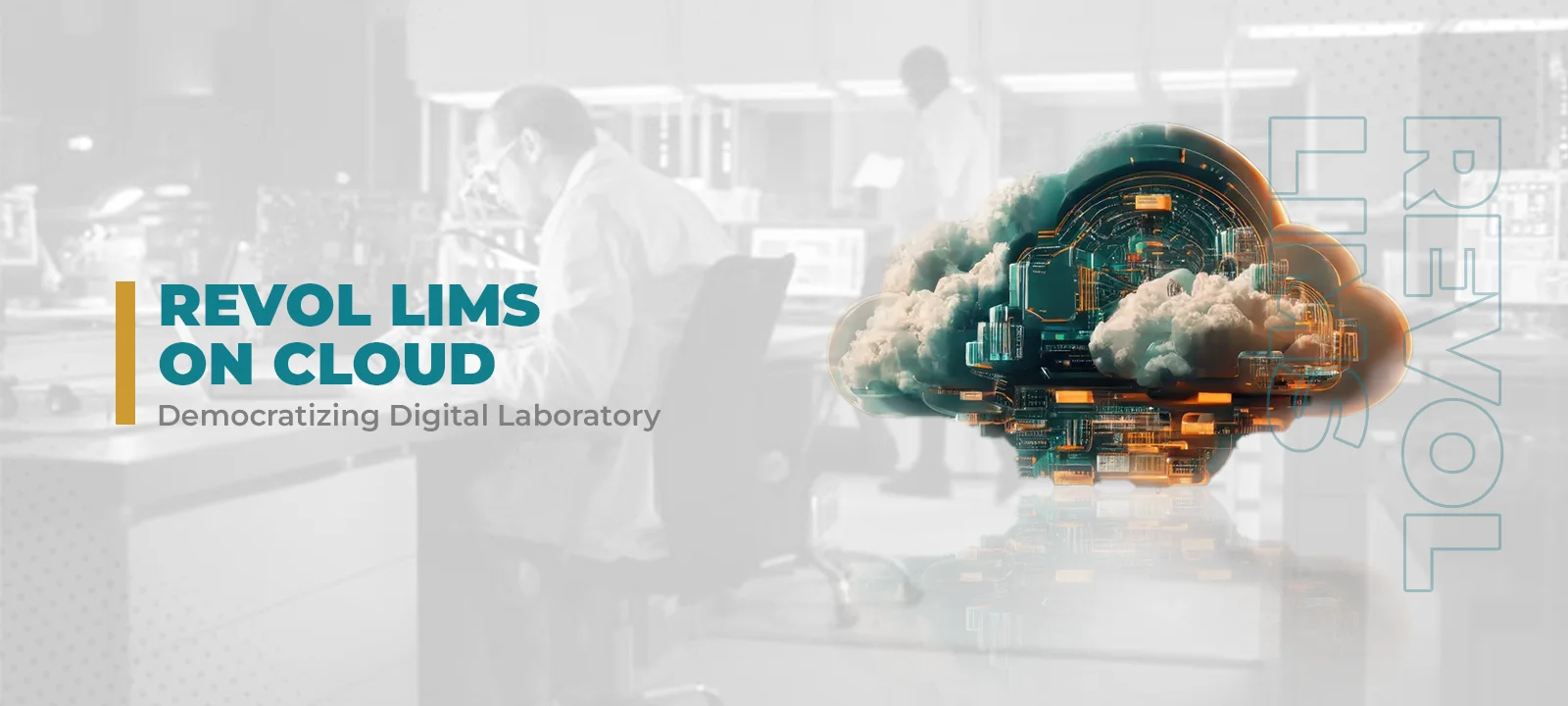 RevolLIMS on Cloud
RevolLIMS on Cloud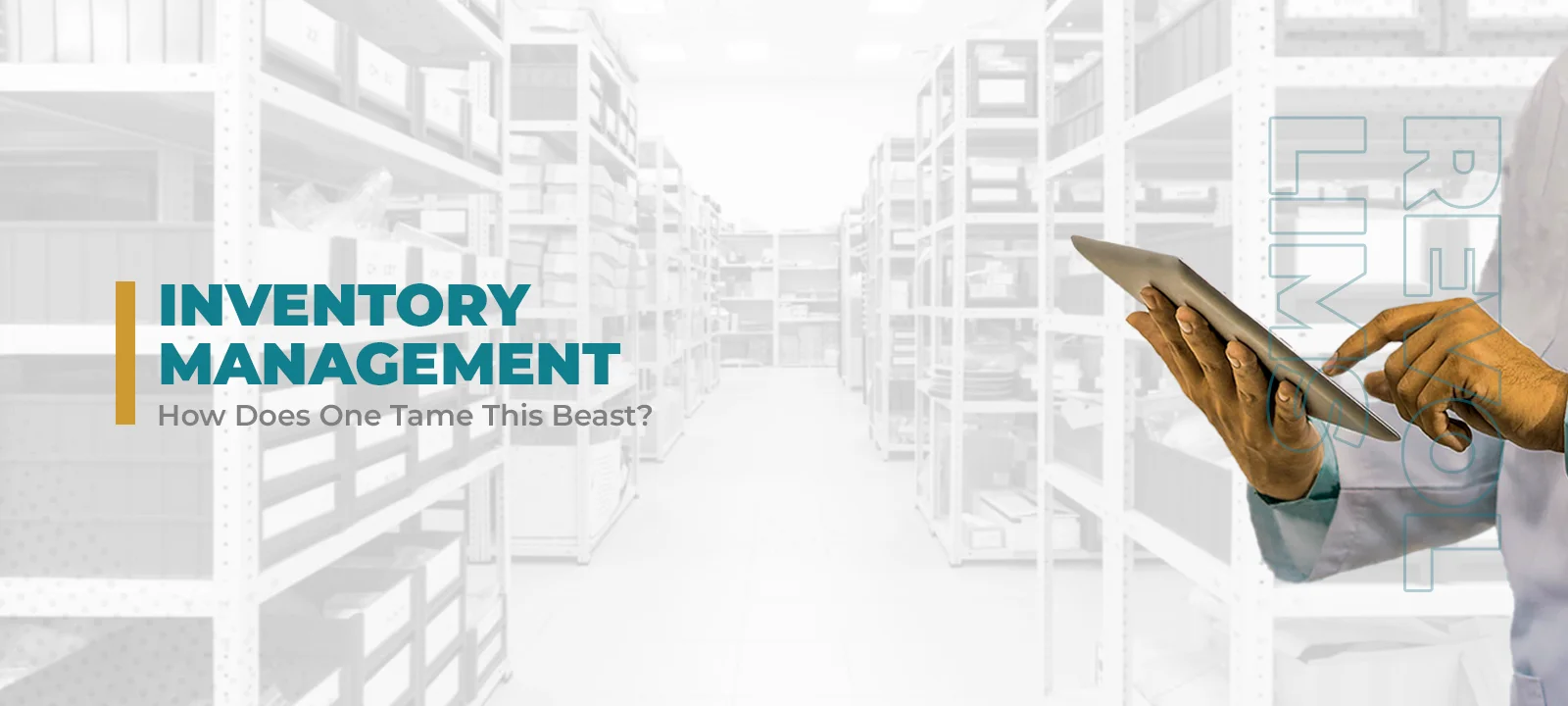 Inventory Management
Inventory Management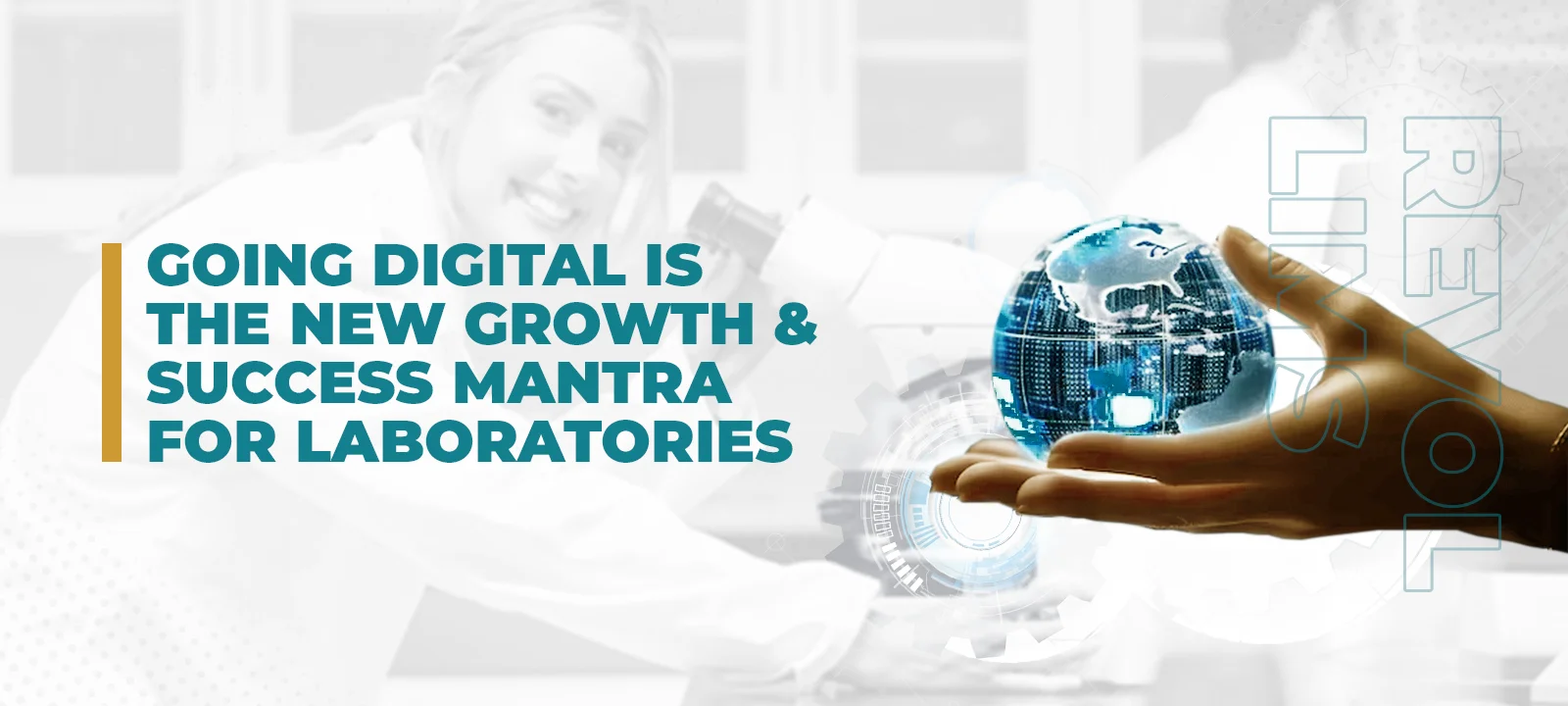 Digital Laboratory
Digital Laboratory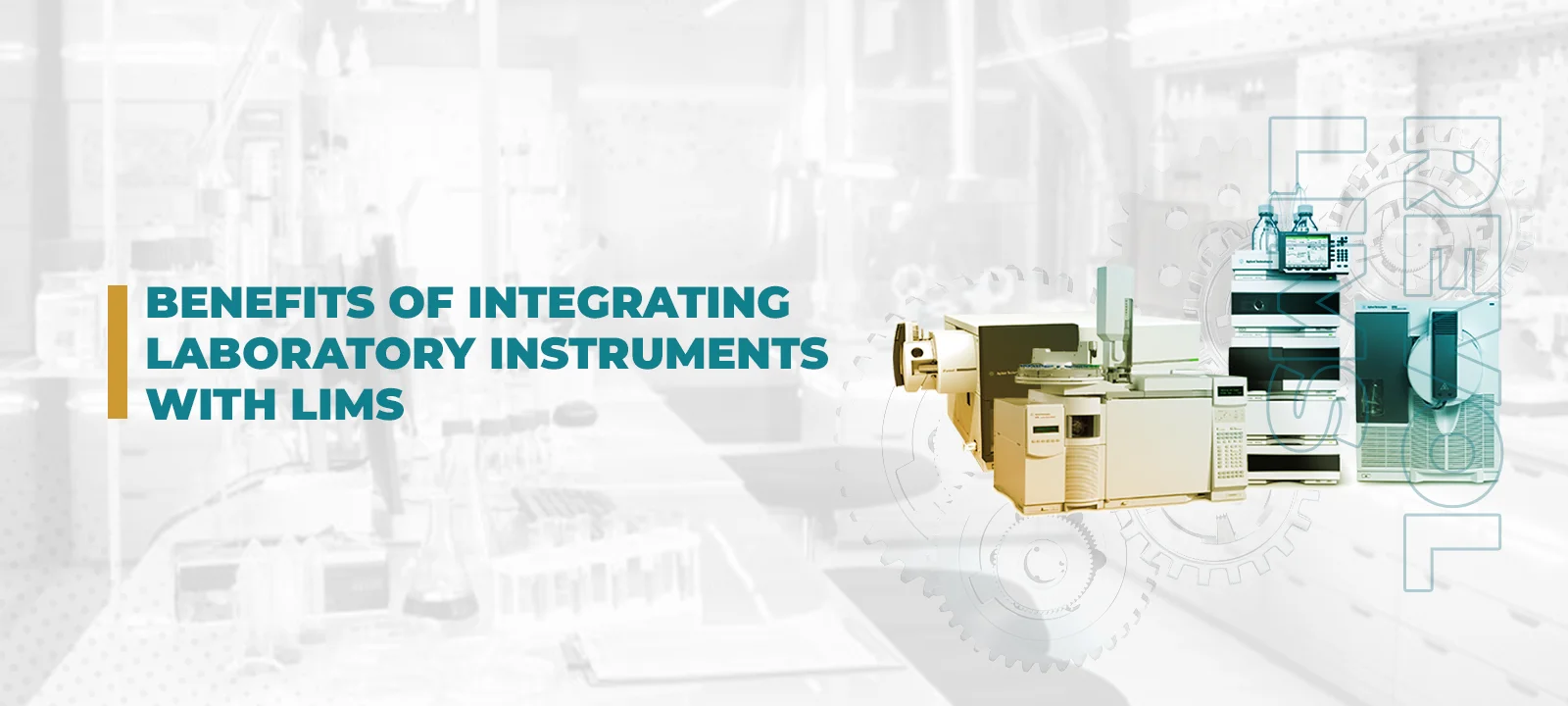 Integrating Laboratory Instruments
Integrating Laboratory Instruments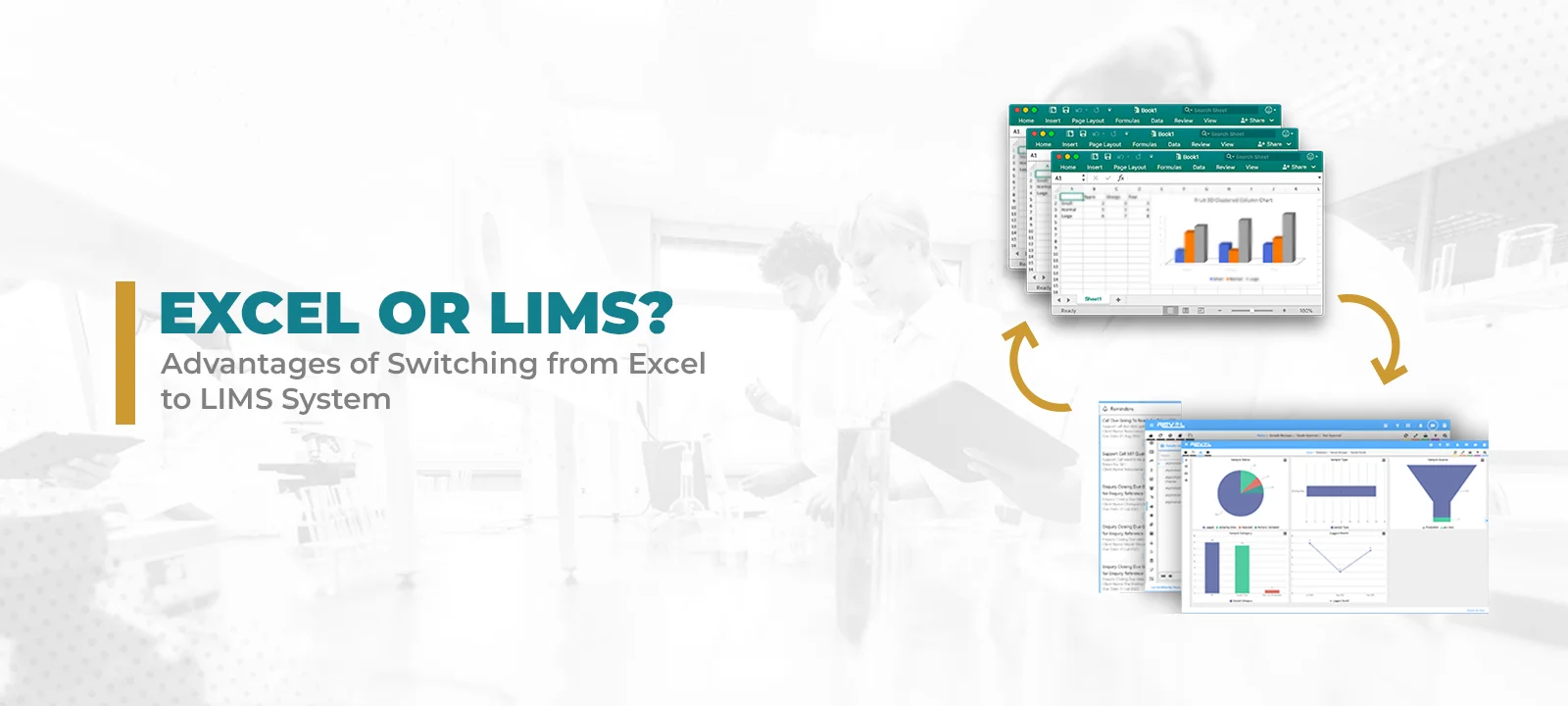 LIMS Over Excel
LIMS Over Excel LIMS for Compliance
LIMS for Compliance Choosing LIMS
Choosing LIMS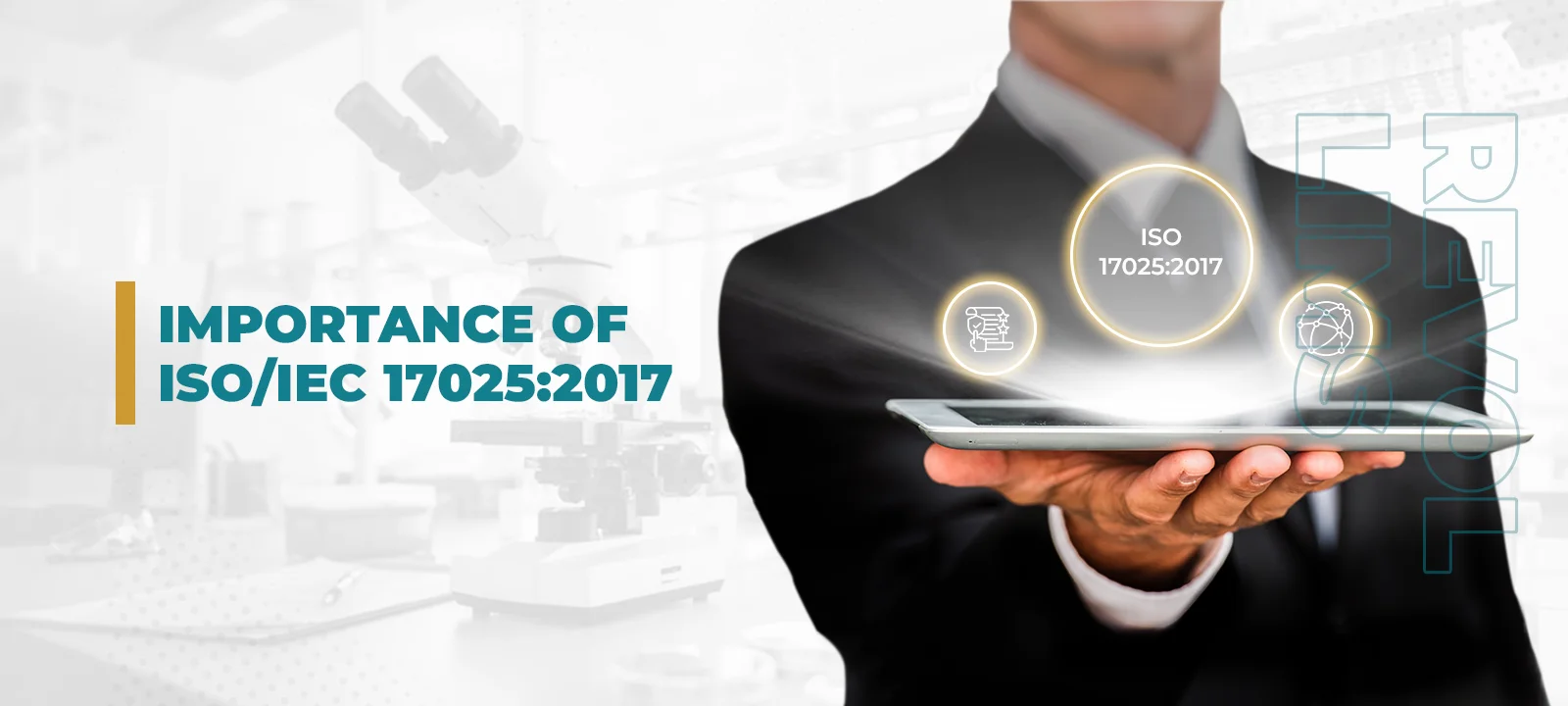 LIMS and ISO 17025
LIMS and ISO 17025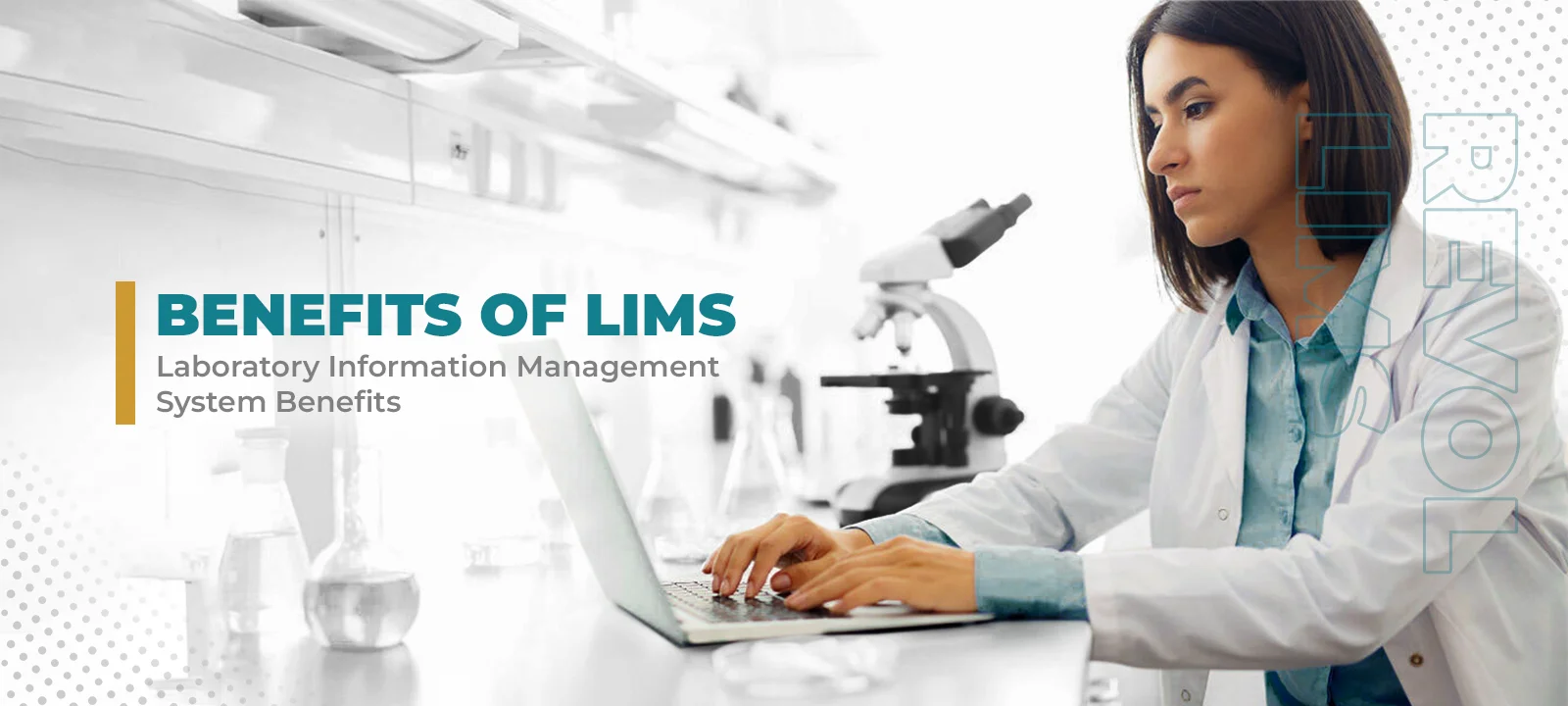 LIMS Benefits
LIMS Benefits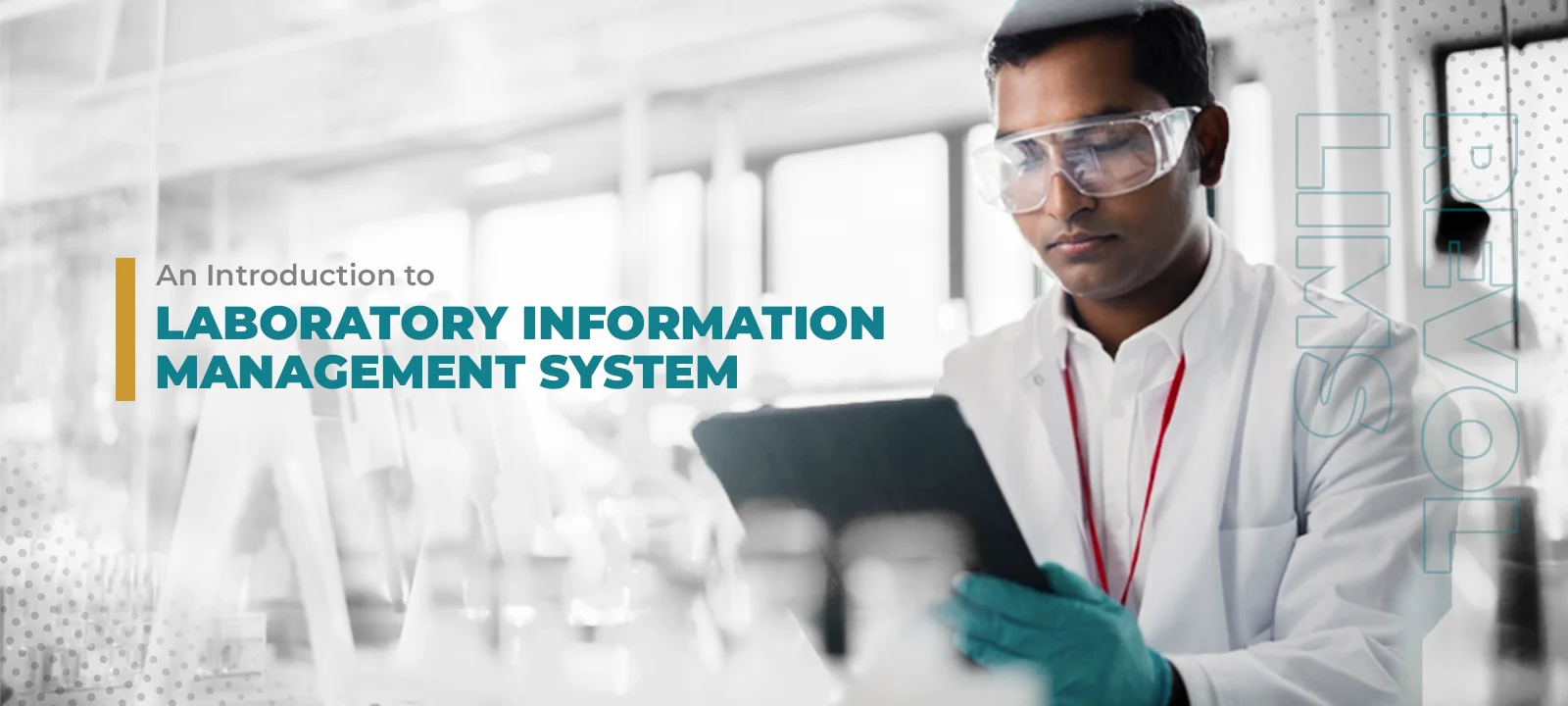 LIMS Introduction
LIMS Introduction
